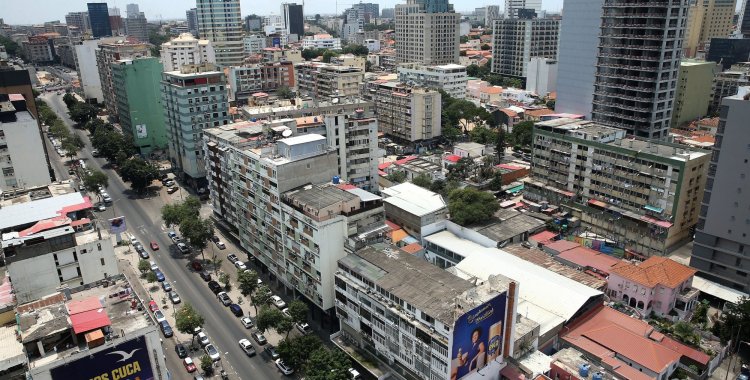Mário Caetano João, who was part of the first panel of the first edition of the Angola Economic Outlook 2023, stressed that Angola has a population growing at around 3 percent a year, around one million Angolans with around 800 thousand a year going to for the labor market, but the economy has been growing far below its potential.
The minister also noted that Angola has a very low human capital index, around 0.36 percent, which effectively means that it is not possible to "make the most of the demographic dividend".
"We are going to grow slightly above population growth and we are going to work now to be able to rationalize this fertility, so that we can take greater advantage of the demographic dividend and manage to grow a little more, there is work ahead, we are looking at a downward trend according to what we have on the table", he said.
Asked about the balance of risks of economic growth, Mário Caetano João said that this is the "most pessimistic, realistic" scenario according to the expected determinants of economic growth, expressing optimism because "the country is experiencing rapid growth".
For his part, the governor of the National Bank of Angola (BNA), José de Lima Massano, said that the short-term goal is to reduce the inflation rate to single digits, "hold it later" around 4 percent to 6 percent Percent.
"This is the goal defined by the countries that make up our southern region of the continent, the SADC [Southern African Development Community], they are macroeconomic convergence criteria and that is where we are also placing ourselves", he stressed.
José de Lima Massano stressed the need to "quickly reach single digits", with inflation forecast for this year to be between 9 percent and 11 percent, and in the following years to maintain a downward trend.
"We do not have a determined commitment with the exchange rate, despite understanding that the exchange rate has a transmission effect on price formation in our economy, which is still very dependent on imports", he stressed.
Regarding reserves, the central bank governor added that the commitment was to maintain them at the current level, with reserves covering six months of imports of goods and services, "the highest level" on the continent.
"In gross terms we have countries with international reserves well above what Angola currently has, but in terms of months of coverage we offer the highest levels", he said.







